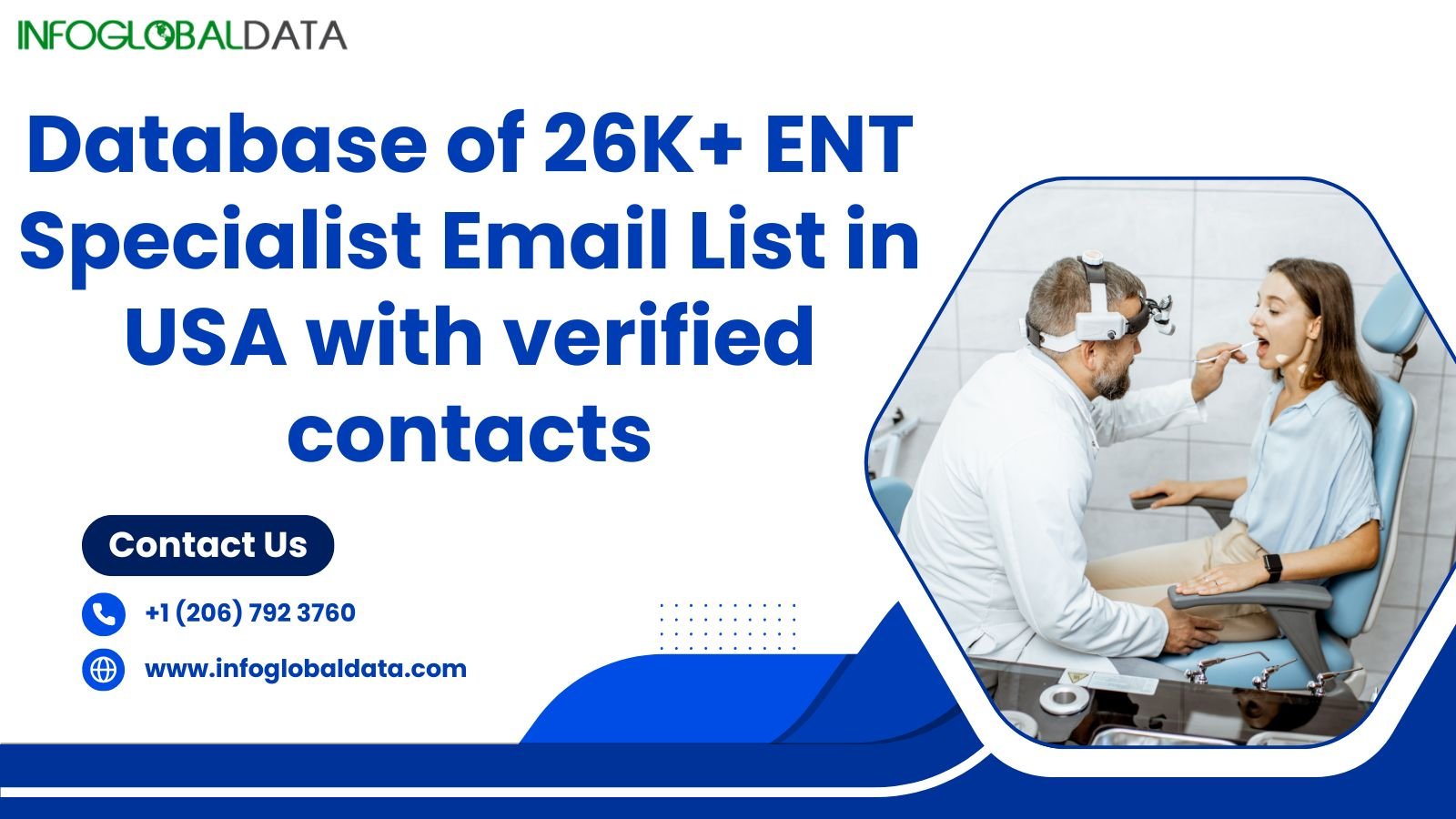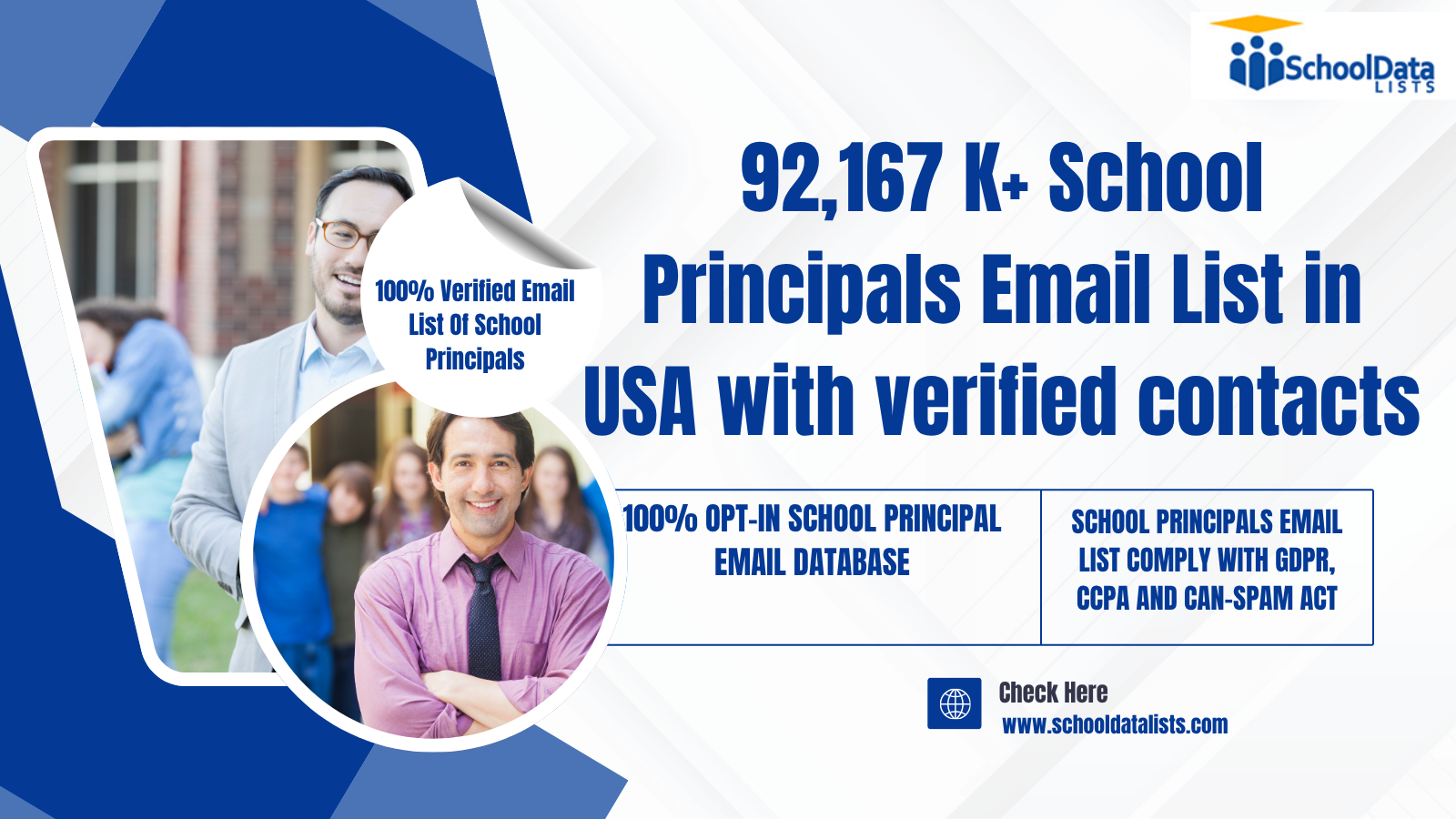In today’s competitive digital ecosystem, businesses rely on Email Marketing Solutions to nurture leads, drive conversions, and maintain strong customer relationships. However, sending email campaigns in isolation often leads to fragmented communication and missed opportunities. This is where integrating email marketing platforms with Customer Relationship Management (CRM) systems becomes a game-changer.
CRM systems store valuable customer data, including contact details, purchase history, preferences, and interactions. When this data is synchronized with email marketing tools, organizations can deliver more personalized, targeted, and effective campaigns. This integration not only improves efficiency but also strengthens customer engagement across the buyer’s journey.
In this blog, we will dive deep into the importance, process, benefits, challenges, and future of integrating Email Marketing Solutions with CRM systems.
1. Introduction to Email Marketing and CRM Systems
What is Email Marketing?
Email marketing is the practice of sending personalized, targeted messages to a group of subscribers through email. It is one of the most cost-effective digital marketing channels, offering businesses the ability to directly reach their audience and build long-term trust.
What is a CRM System?
A Customer Relationship Management (CRM) system is a software platform designed to manage and analyze customer interactions across their lifecycle. CRMs store data such as customer profiles, sales interactions, support queries, and behavioral patterns.
Why Integration Matters
When businesses use these two tools separately, they limit their ability to personalize campaigns and track ROI effectively. Integration ensures that both sales and marketing teams work with consistent data, creating a seamless customer experience.
2. The Role of Email Marketing Solutions in Modern Business
Email marketing has evolved from bulk messaging to data-driven, highly personalized communication. Some major roles of email marketing include:
- Lead Nurturing: Keeping prospects engaged with relevant content until they are ready to buy.
- Customer Retention: Sending updates, loyalty rewards, and newsletters to maintain long-term relationships.
- Conversion Optimization: Targeted offers and reminders help push customers further down the sales funnel.
- Brand Awareness: Staying present in the customer’s inbox builds recall and credibility.
With advanced Email Marketing Solutions, businesses can now segment audiences, track real-time engagement, and automate workflows — features that become even more powerful when combined with CRM.
3. Understanding CRM Systems and Their Importance
A CRM system provides a 360-degree view of the customer by consolidating information such as:
- Demographics and contact details
- Purchase history and transaction data
- Communication preferences
- Sales and support interactions
This centralized database helps businesses:
- Track customer journeys
- Identify upselling and cross-selling opportunities
- Improve customer satisfaction through personalized service
- Align sales, marketing, and support teams
When CRM is integrated with Email Marketing Solutions, this data can fuel highly targeted campaigns that feel personal and relevant.
4. Benefits of Integrating Email Marketing Solutions with CRM
Integration provides numerous advantages, such as:
4.1 Improved Personalization
CRM data allows marketers to send tailored content based on user behavior, preferences, and purchase history.
4.2 Enhanced Lead Management
Sales teams can track how leads respond to email campaigns, making follow-ups more effective.
4.3 Better ROI Tracking
By linking email metrics with CRM data, businesses can measure the direct impact of campaigns on revenue.
4.4 Time-Saving Automation
Workflows can be automated, such as sending welcome emails when a new contact is added in CRM.
4.5 Stronger Customer Relationships
Consistent and relevant communication builds trust, loyalty, and long-term engagement.
5. Step-by-Step Guide to Integration
Step 1: Define Business Objectives
Clarify what you want to achieve with integration — better personalization, improved reporting, or streamlined workflows.
Step 2: Choose Compatible Platforms
Select Email Marketing Solutions that are compatible with your CRM. Popular integrations include:
- Salesforce + Mailchimp
- HubSpot CRM + HubSpot Marketing Hub
- Zoho CRM + Campaign Monitor
Step 3: Map Data Fields
Ensure that customer information such as name, email, and purchase history flows seamlessly between systems.
Step 4: Automate Workflows
Set up triggers like:
- Sending welcome emails when a contact is added
- Sending abandoned cart reminders
- Notifying sales teams when a lead engages with high-value content
Step 5: Test and Optimize
Run test campaigns, measure results, and refine based on analytics.
6. Common Challenges and How to Overcome Them
- Data Silos: Inconsistent or incomplete data may hinder integration. Regular data cleaning is essential.
- Technical Complexity: Some integrations require API knowledge or third-party tools.
- User Adoption: Sales and marketing teams must be trained to use the integrated system effectively.
- Cost Considerations: Advanced integrations may involve subscription fees or development costs.
7. Best Practices for Effective Integration
- Segment Your Audience: Use CRM data to create meaningful audience segments.
- Focus on Automation: Automate repetitive tasks to save time and reduce errors.
- Maintain Data Quality: Regularly update and verify customer information.
- Measure Performance: Use analytics to track KPIs like open rates, conversions, and revenue contribution.
8. Tools and Platforms for Integration
Some widely used Email Marketing Solutions with CRM integration capabilities include:
- Mailchimp
- HubSpot
- ActiveCampaign
- Zoho Campaigns
- Marketo
- Salesforce Marketing Cloud
These tools offer pre-built connectors or APIs that simplify integration with major CRM systems.
9. Real-World Case Studies
Case Study 1: E-commerce Brand
An e-commerce business integrated Shopify CRM with Mailchimp. The result was a 30% increase in repeat purchases due to personalized product recommendations.
Case Study 2: B2B SaaS Company
A SaaS company integrated HubSpot CRM with its email marketing platform. Automated lead nurturing reduced the sales cycle by 25%.
Case Study 3: Service Industry
A travel agency used Zoho CRM with Campaign Monitor. Targeted holiday offers led to a 40% improvement in customer retention.
10. The Future of Email Marketing and CRM Integration
The integration of CRM and Email Marketing Solutions will continue evolving with:
- AI-Powered Personalization: Predictive analytics to suggest relevant content.
- Omnichannel Integration: Unified customer data across email, social, SMS, and chat.
- Voice and Conversational Marketing: AI assistants will integrate with CRM for real-time communication.
- Hyper-Automation: More advanced workflows reducing manual involvement.
11. Why Partner with Adomantra
At Adomantra, we specialize in helping businesses harness the power of marketing technology. By combining expertise in Email Marketing Solutions and CRM integration, we enable brands to:
- Unlock the full potential of customer data
- Create personalized and automated campaigns
- Maximize ROI through strategic execution
- Build stronger and lasting customer relationships
Whether you are a startup or an enterprise, Adomantra can guide you through the integration process, ensuring smooth adoption and measurable results.
Conclusion
Integrating Email Marketing Solutions with CRM systems is no longer optional — it’s a necessity for businesses that want to thrive in the digital-first economy. The synergy of these two platforms empowers companies to deliver personalized communication, streamline operations, and achieve higher ROI.
With the right strategy, tools, and partner like Adomantra, businesses can unlock the true power of their customer data and build meaningful, long-term relationships.
Frequently Asked Questions (FAQ)
1. What are Email Marketing Solutions?
Email Marketing Solutions are software platforms that help businesses design, send, and track email campaigns. They allow segmentation, personalization, automation, and performance analytics to ensure messages reach the right audience at the right time.
2. Why should I integrate Email Marketing Solutions with CRM systems?
Integration connects marketing and sales efforts by syncing customer data, preferences, and engagement history. This ensures more personalized communication, improves lead nurturing, and provides accurate ROI measurement.
3. What are the benefits of CRM and email integration?
Some major benefits include:
- Improved personalization
- Streamlined workflows
- Enhanced lead management
- Automated customer journeys
- Better tracking of conversions and ROI
4. Which Email Marketing Solutions can integrate with CRM?
Popular options include Mailchimp, HubSpot, ActiveCampaign, Salesforce Marketing Cloud, Zoho Campaigns, and Marketo. Most leading CRMs such as Salesforce, Zoho, and HubSpot offer native or API-based integrations.
5. Is integration difficult to set up?
Not necessarily. Many platforms provide built-in connectors or plugins for easy integration. However, advanced setups might require technical expertise or API development to customize workflows.
6. How does integration improve personalization?
CRM systems store detailed customer data such as demographics, purchase history, and preferences. When combined with email tools, this data helps craft tailored messages like product recommendations, special offers, or loyalty rewards.
7. Can integration help improve sales?
Yes. By syncing customer engagement data with CRM, sales teams can identify high-potential leads, prioritize follow-ups, and close deals faster. It creates a direct link between email campaigns and revenue outcomes.
8. How do I choose the right tools for integration?
Consider:
- Compatibility with your CRM
- Ease of setup and usability
- Automation features
- Reporting and analytics
- Pricing and scalability
9. What are some common challenges in integrating CRM with Email Marketing Solutions?
- Data silos and inconsistencies
- Technical setup complexities
- High subscription or implementation costs
- Low user adoption among sales/marketing teams
10. How do I overcome integration challenges?
- Regularly clean and update customer data
- Use platforms with pre-built connectors
- Train employees to use integrated tools
- Start with simple workflows, then scale
11. Does CRM and email integration work for small businesses?
Absolutely. Even small businesses benefit from automation, personalization, and better tracking. Many solutions offer affordable pricing tiers suitable for startups and SMEs.
12. Is customer data safe when integrating systems?
Yes, provided you choose secure platforms that comply with data privacy regulations like GDPR and CCPA. Always enable encryption, access controls, and data backup policies.
13. Can I automate emails with CRM integration?
Yes. Integration enables automated workflows such as:
- Welcome emails for new leads
- Abandoned cart reminders
- Re-engagement campaigns
- Upsell and cross-sell promotions
14. How do I measure the success of integrated campaigns?
Track KPIs such as open rates, click-through rates, conversions, revenue generated, and customer lifetime value. Most integrated systems provide unified dashboards for performance monitoring.
15. Why should I choose Adomantra for integration services?
At Adomantra, we specialize in aligning marketing technology with business goals. Our expertise in Email Marketing Solutions and CRM integration ensures seamless implementation, data-driven campaigns, and measurable ROI for both SMEs and large enterprises.
Read More: Digital Marketing for FMCG Brands in 2025











Leave a Reply